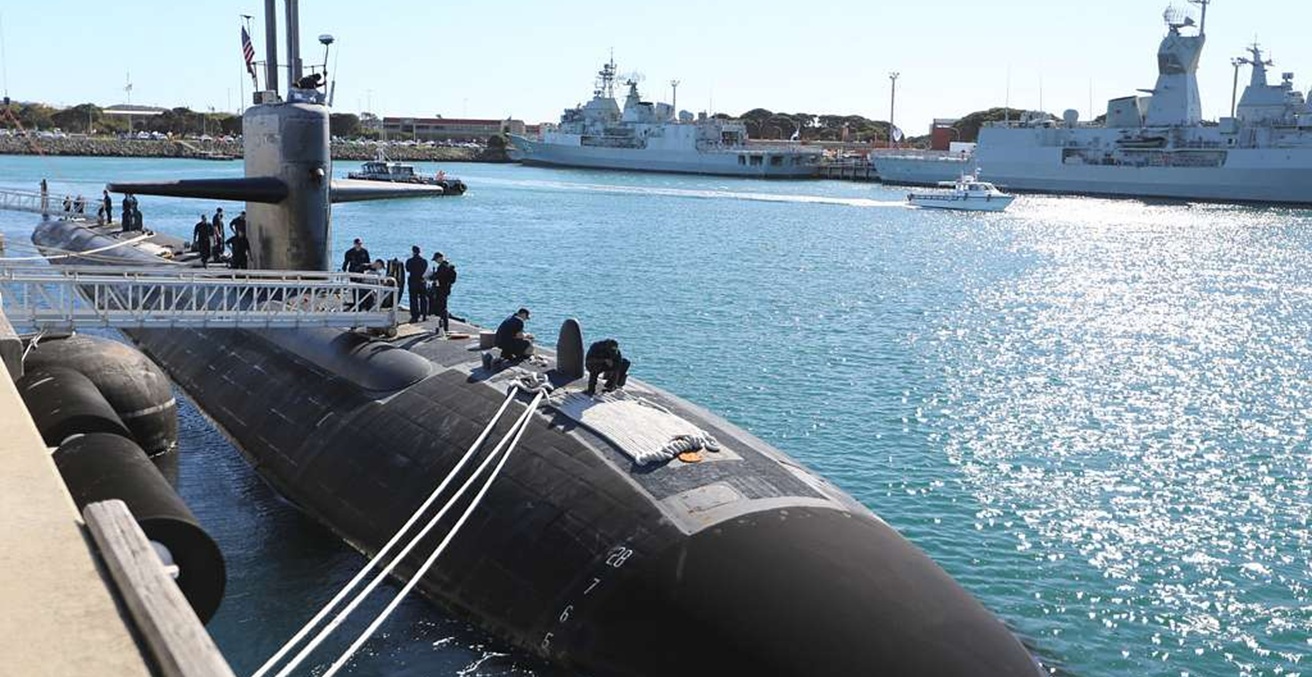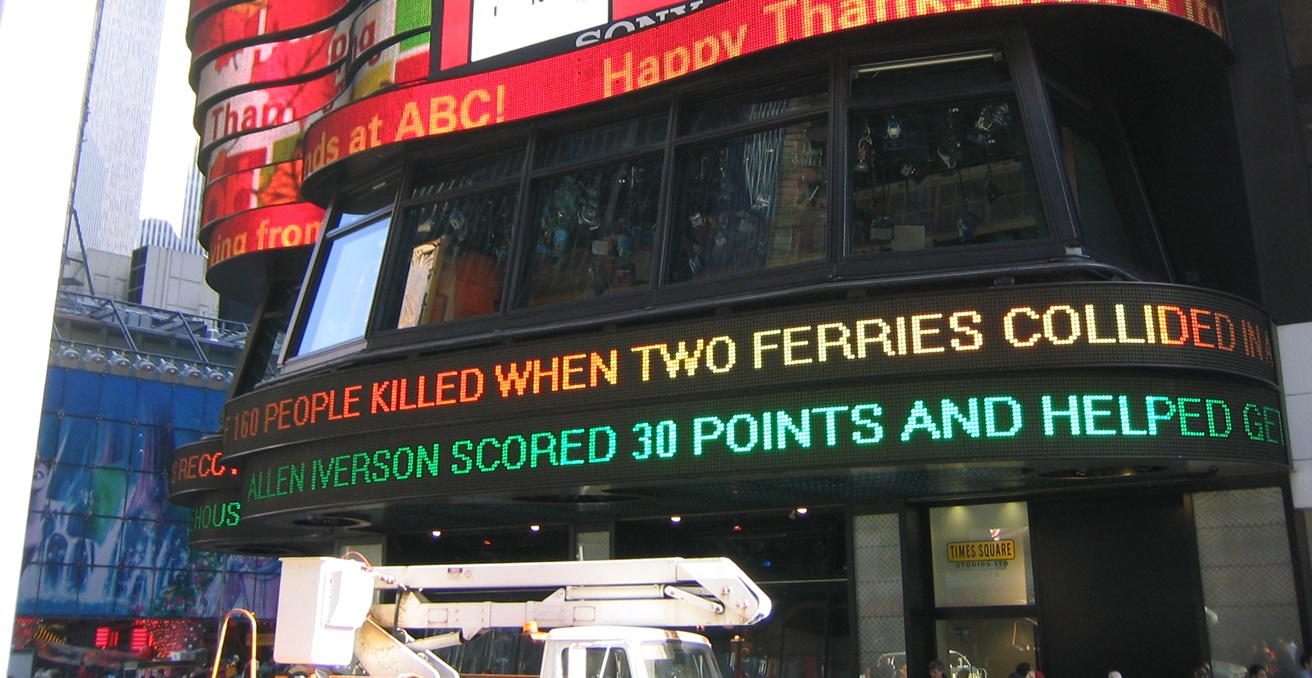Both Boris Johnson, the mercurial and ego-driven new British prime minister, and the present elected EU leaders — Emmanuel Macron, Angela Merkel, Donald Tusk and Jean Claude Junker — must share the blame for splitting the world’s largest and most secure economic bloc.
It surely beggars belief that Britain’s 46 successful, though sometimes grumpy, years of membership in the European club should come to an end not by a sensible and statesmanlike agreement but by a pathetic, almost juvenile, game of chicken.
When future historians come to review the conduct in 2019 of governments on both sides of the Channel, they will scratch their heads in incredulity. How could a partnership that has built the world’s largest and most secure economic bloc be brought to an end by such an act of vandalism?
Both Boris Johnson, the mercurial and ego-driven new British prime minister, and the present elected EU leaders — Emmanuel Macron, Angela Merkel, Donald Tusk and Jean Claude Junker — must share the blame.
It is of course Mr Johnson who started the game of chicken last week. Emboldened by the near-unanimous support of the right-wing of his Conservative party, he announced that he would solve the Brexit crisis that has disunited the United Kingdom by leaving the European Union on 31 October: “do or die, with or without a deal.” Confrontation is his clarion call, despite repeated rhetoric to the contrary and his claim that there was only a million-to-one chance of a no-deal Brexit.
Johnson pronounced the 585-page withdrawal agreement secured by his predecessor Theresa May — rejected three times by MPs — as dead. He said he would not be going to Brussels for talks unless EU negotiators were prepared to take a fresh approach to the agreement, something they manifestly refuse to do. The main point of contention is the so-called Irish backstop, an insurance device to maintain the current open border on the island of Ireland by leaving Northern Ireland in the EU customs union until a post-Brexit trade deal is secured. Johnson insists that the backstop must be dropped, or Britain will leave without a deal. He has formed what he calls a “war cabinet,” which meets each morning and is chaired by his erstwhile rival, now head of Cabinet, Michael Gove. Gove’s job is to prepare the nation for a no-deal departure on the last day of October. He has been given a budget of some A$7 billion plus to get the job done.
The signs are that 31 October will be a fateful day for Britain. This year the value of the pound has fallen by 4 percent, 2.5 percent of that since Mr Johnson became prime minister. In its time as a participant in the European project, the UK economy has risen by 103 percent, exceeding growth in the United States, France and Germany, and making it the world’s sixth-largest and Europe’s second-largest economy. The Office for Budget Responsibility reports that a no-deal Brexit will blow a £30 billion hole in the UK Budget due to falling growth and tax receipts, pushing national debt above £2 billion for the first time. Echoing an International Monetary Fund review, the OBR forecasts Britain will have to borrow £30 billion in each of the next four years, pushing the country into recession.
Apart from the financial consequences of no-deal, there will be physical disruption to every business sector, from farming to finance. Aviation is just one example. In the absence of an agreement, Britain’s three biggest airlines, Ryan Air, IAG — owners of British Airways and Iberia among others — and Easyjet are each having to restructure their ownership to comply with EU law that demands majority share ownership should be by EU citizens. They will still be able to fly point-to-point, but will no longer be able to fly on to other EU destinations, or pick up passengers, or freight, to a non-UK destination. These restrictions will necessitate major changes to the corporate strategies of all three carriers.
Even experienced economists are finding it hard to measure the potential impact of a no-deal Brexit on EU industry. Growth is already slowing in the main Eurozone economies. In the automotive sector this is due to stiff competition from China and Japan, and anti-EU tariffs imposed by US President Donald Trump on some EU exports. Under WTO rules, Europe’s main aircraft manufacturer, Airbus Industrie, will be exempt from tariffs post Brexit, but the company says the real hiccup will be loss of capital caused by expected delays in moving parts through Channel ports to and from Britain. Apart from tariffs, a faltering pound and weaker demand from Britain will hurt exports of higher-priced goods to the United Kingdom. However, despite higher prices, the UK middle classes will not easily give up their appetite for German cars, Italian Prosecco and pasta or French cheeses and cosmetics.
Hardest hit will be budgets. In 2018, Britain contributed £13.2 billion gross to the EU budget. Of that, it got £4.3 billion back in agricultural subsidies and funding for community schemes and a variety of projects, making a net cost to Britain of £8.9 billion. This is less than half the amount Boris Johnson falsely claimed the EU was costing in the painted inscription on his infamous red bus in the 2016 referendum campaign!
The EU’s loss of the £8.9 billion from the United Kingdom, its second-largest contributor to its budget, will have to be found from somewhere. The burden will mostly fall on Germany, whose net contribution in 2018 was £12.18 billion. Other significant net contributors to the EU, at much lower levels, are France, Italy, the Netherlands, Sweden and Austria.
A no-deal Brexit will make matters worse for Brussels because, says Boris, the United Kingdom will not honour the £39 billion divorce bill that forms part of Theresa May’s withdrawal agreement until the EU comes to an acceptable new deal with Britain.
With this kind of gun at their heads, Britain’s “European friends and allies,” as Mr Johnson refers to them, will either have to cave in or grit their teeth and call in the lawyers since most of the £39 billion are shared liabilities, like pension obligations, incurred over nearly half a century.
The upshot of this ugly stand-off is unpredictable. However, some facts are inescapable. Mr Johnston proclaims that 31 October will see the end of the Brexit saga and we can all get on with our lives. Many agree, but the claim is completely wrong. If Britain is out of the European Union on 1 November, a new round of negotiations between London and Brussels will begin, and they are likely to be even more tricky than those under Theresa May’s uncomfortable stewardship. The impasse is likely to continue.
Long before the October deadline and soon after Parliament returns on 3 September, there will be a determined attempt to stop a no-deal Brexit. This could lead to a no-confidence motion against Mr Johnson being passed. If he thinks the numbers are against him, Mr Johnson will forestall the move by calling an election, claiming his attempts to find a solution have been blocked by an intransigent European Union. The tone of his speeches and tweets in recent days support this strategy.
Mr Johnson does have one card up his sleeve: the framework of a free trade agreement with the United States, Britain’s largest trading partner after the European Union. President Donald Trump has already promised Britain “a beautiful deal,” holding out the prospect of a fivefold increase in trade. The president and the prime minister already have a one-to-one meeting scheduled on the fringe of the G7 summit in Biarritz at the end of the month. It is possible Mr Johnson may accept an invitation to visit Washington before then, but trans-Atlantic trade negotiations are not without serious pitfalls, particularly over US agricultural demands.
A more serious threat is a that US Congressional leaders may block any Trump-Johnson trade deal if it leads to the imposition of a land border between the two countries on the island of Ireland. Such a move would be in breach of the Good Friday peace agreement which ended the years of Irish “troubles” and to which the United States is a signatory.
For the moment, Johnson and the European Union are in a stand-off, and are likely to remain so throughout the holiday month of August. As my local MP, Keith Simpson, a Tory veteran who last week voted against his party for the first time in his career said of his new leader: ”He has now obviously put everything on a war footing.”
Colin Chapman FAIIA is a writer, broadcaster and public speaker, who specialises in geopolitics, international economics, and global media issues. He is a former president of AIIA NSW and was appointed a fellow of the AIIA in 2017.
This article is published under a Creative Commons Licence and may be republished with attribution.




